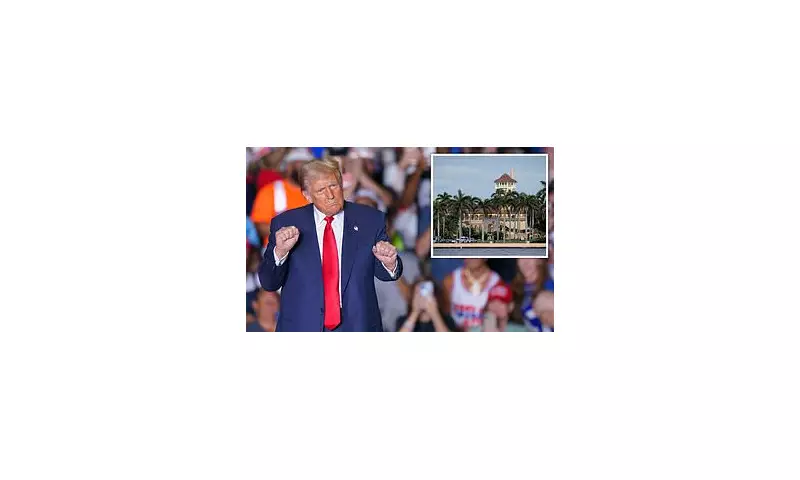
In a remarkable political pivot that continues to baffle traditional conservatives, Donald Trump has positioned himself as an unexpected champion of LGBT+ rights within the Republican Party. His approach represents one of the most unconventional political strategies in modern American politics.
The Unlikely Alliance
Trump's relationship with the LGBT+ community defies conventional political wisdom. While maintaining his conservative base, the former president has repeatedly expressed support for gay rights, telling a rally crowd: "I will fight for you like nobody else will." This messaging forms a crucial part of his appeal to certain segments of the electorate that traditionally lean Democratic.
Strategic Political Calculations
Political analysts suggest Trump's pro-LGBT+ stance is carefully calculated. By supporting certain gay rights while maintaining conservative credentials on other issues, he attempts to carve out a unique political space. This approach particularly resonates with:
- Wealthy gay conservatives who prioritize economic policy over social issues
- Younger Republicans with more liberal social views
- Voters disillusioned with identity politics on the left
Contrasting with Traditional Republican Values
Trump's position creates significant tension within the Republican Party. While he appointed justices who overturned Roe v. Wade, potentially threatening other rights, he simultaneously presents himself as a protector of gay rights. This dichotomy reflects his unconventional approach to political ideology.
The Backlash and Support
His stance has drawn criticism from both sides. Traditional conservatives view it as betrayal of family values, while many in the LGBT+ community remain skeptical of his intentions. However, his supporters argue that his approach represents a modernized conservatism that can attract broader voter coalitions.
The Future of Republican Politics
Trump's positioning on LGBT+ issues may signal a broader shift in conservative politics. As societal attitudes evolve, his strategy suggests that future Republican candidates might need to adopt more nuanced positions on social issues to remain electorally competitive.
This unconventional alliance between Trump and certain segments of the LGBT+ community continues to reshape the American political landscape, challenging long-held assumptions about party allegiances and social values.





